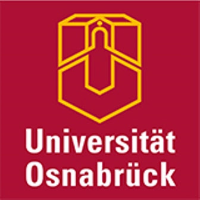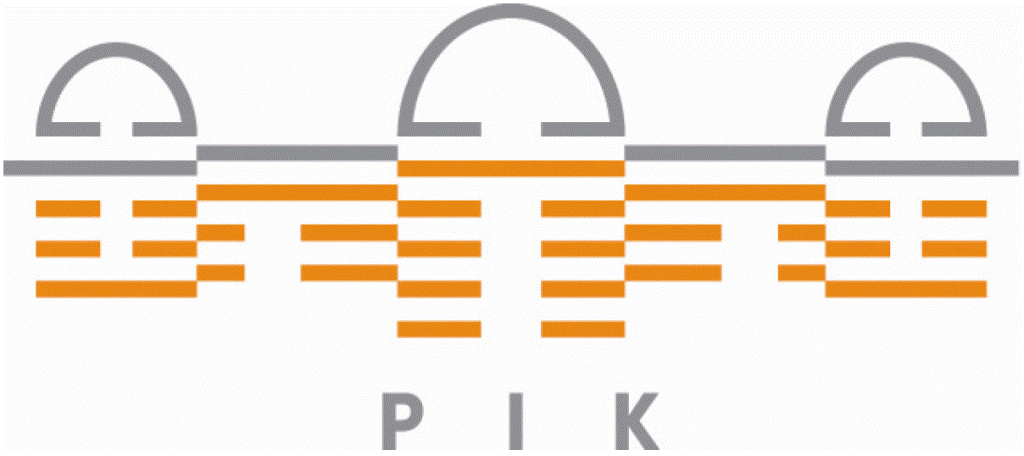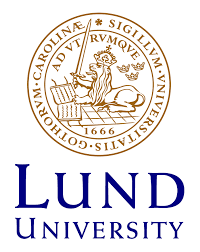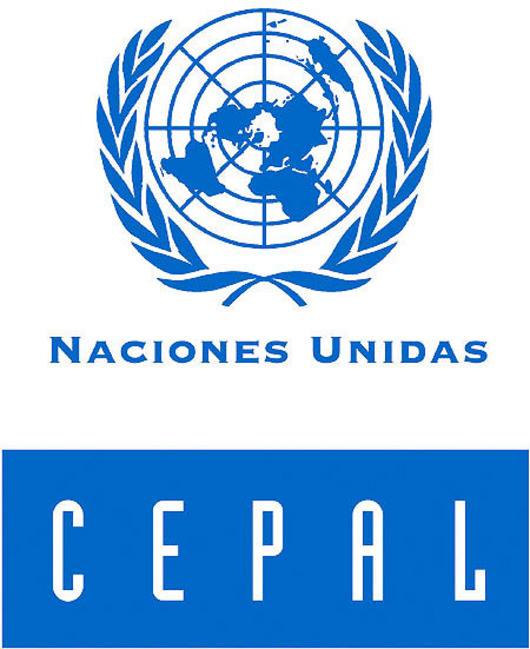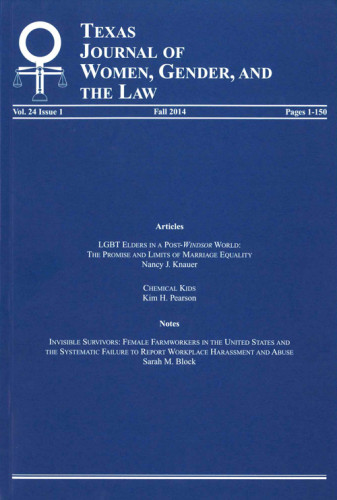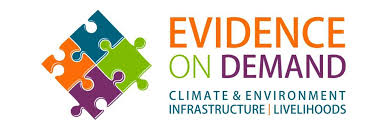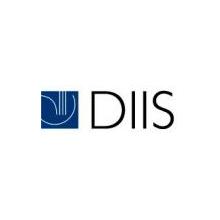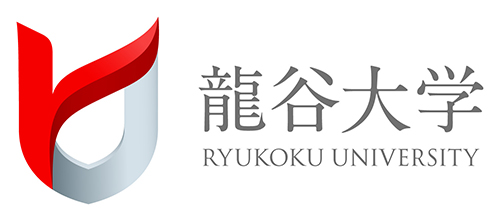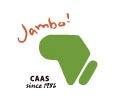Osnabrück University
Osnabrück University, founded in 1974, is a young, vibrant university in northwest Germany that is renowned for its research and teaching in the areas of Humanities, Social Sciences, Science, Law and Business Administration/Economics. The University provides ideal conditions for about 13.500 students and PhD students to learn and conduct research. Both its structured PhD programs and modular degree programs feature high standards of quality; they are accredited, and lead to the conferral of internationally recognized degrees.

